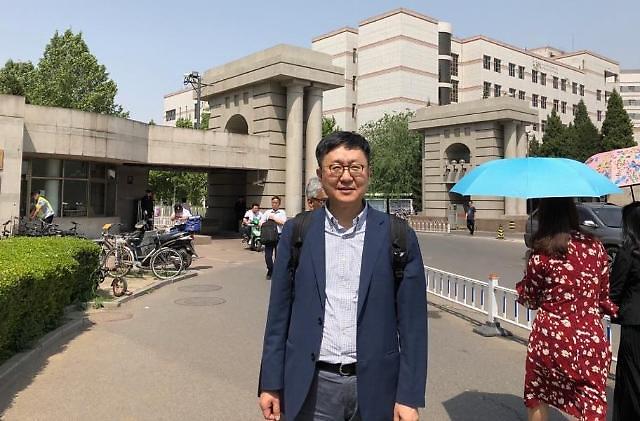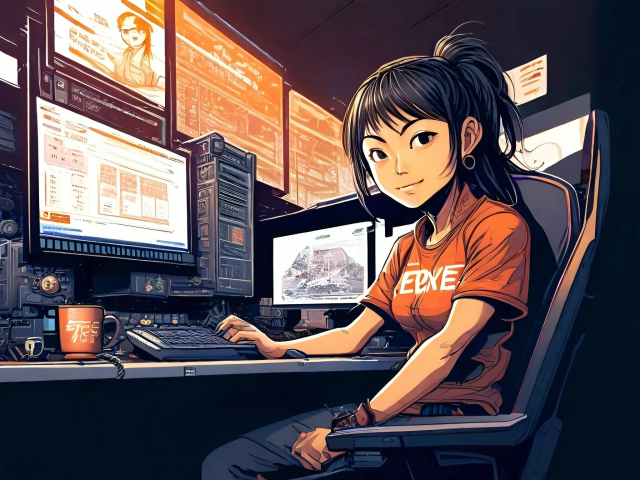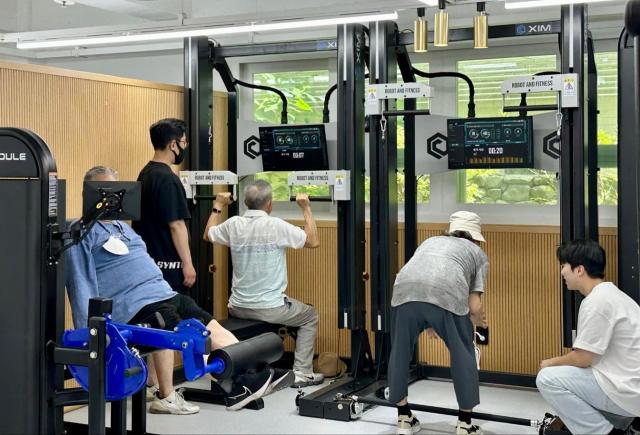
Cha Sang- kyun, director of Seoul National University's Big Data Institute. [Aju News DB]
BEIJING -- South Korea may lose its footing completely unless it takes quick and concerted action to nurture talent in technologies related to big data and artificial intelligence, a leading expert said, citing China's unlimited investment and greed for technologies as well as strong support from President Xi Jinping.
"It is urgent to cultivate key talent in order for South Korea to survive," Cha Sang-kyun, director of Seoul National University's Big Data Institute, said in an interview with Aju News during his recent trip to China.
The professor criticized South Korean leaders for having dragged their feet in spurring bold investments in new territories. "To avoid responsibility, they've invested in already well-established areas," he said, warning South Korea would be "eventually eaten" by China if it maintains its current attitude without facing reality.
With jealousy, Cha praised China's policy flexibility, speed and enormous investments to develop and acquire AI and big data related technologies and talent.
In 2000, the professor founded Transact In Memory, Inc. with his vision of developing an enterprise in-memory database system. The company was acquired by German software company SAP in 2005. He is now providing strategic advice to central and local governments on big data and software industry issues.
"Big Data and AI are key technologies in the era of the Fourth Industrial Revolution, affecting all industries and disciplines," Cha said. "So far, the United States has led development in this field, but now it is watching out for China's pursuit."
For example, a Chinese company has quick access to state weather data, applies it to a big data platform and develops a real-time forecasting program in a short period of time, Cha said.
Chinese authorities provide full support for the commercialization of various ideas at academic and private companies level, he said. "This process sometimes expose problems such as leakage of personal information."
However, privacy breach may go unnoticed in China. "If China succeeds in commercialization, it will be meaningless to discuss value judgment because everyone has to follow," Cha said.
Strong funding is also one of China's weapons, he said, adding that engineers who had worked in Microsoft or Amazon often consult Chinese companies such as Huawei after retirement. "The United States is trying to check, but it will not be easy."
"In the era of the Fourth Industrial Revolution, people are competitiveness after all," the professor said, pointing to Alibaba's $15 billion scheme to set up AI labs in China, the United States, and Russia, with the goal of recruiting more than 100 world-class scientists and engineers.
He urged South Korea to take strategic action targetting China's booming big data and AI market. "We need to get into the Chinese market when there are areas where we can have a technological edge. We need to reduce resistance by creating a bridgehead in China and activating local entrepreneurship."




